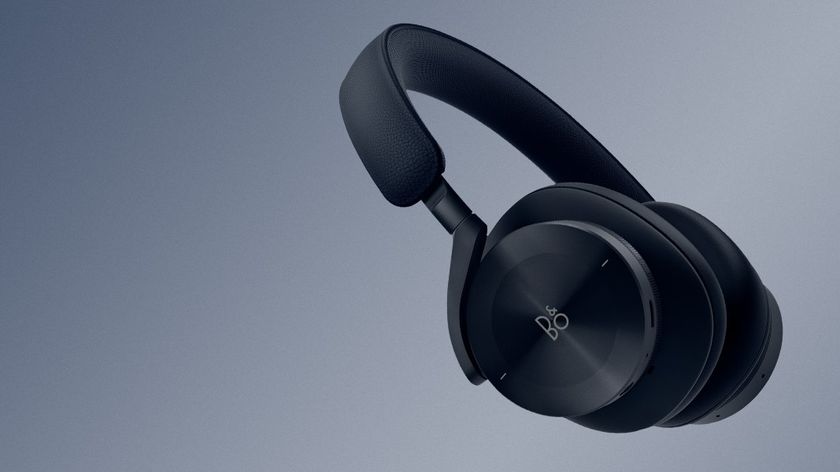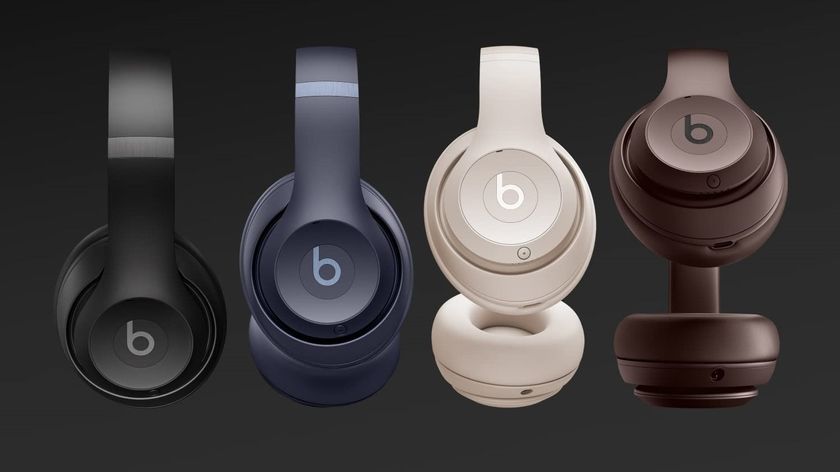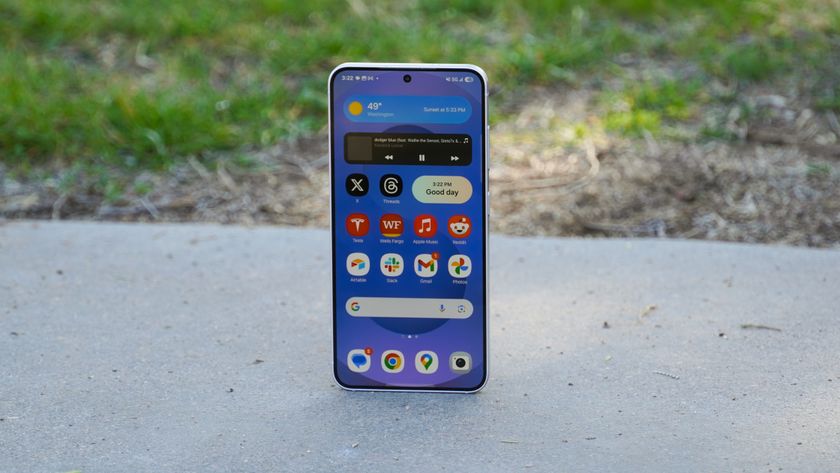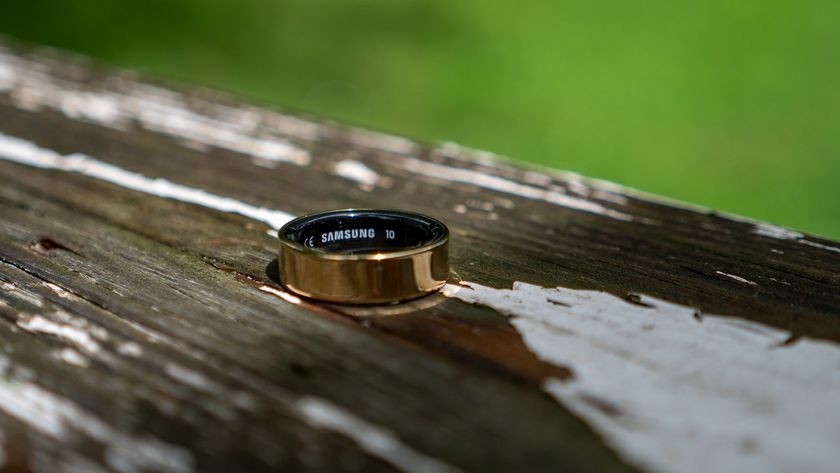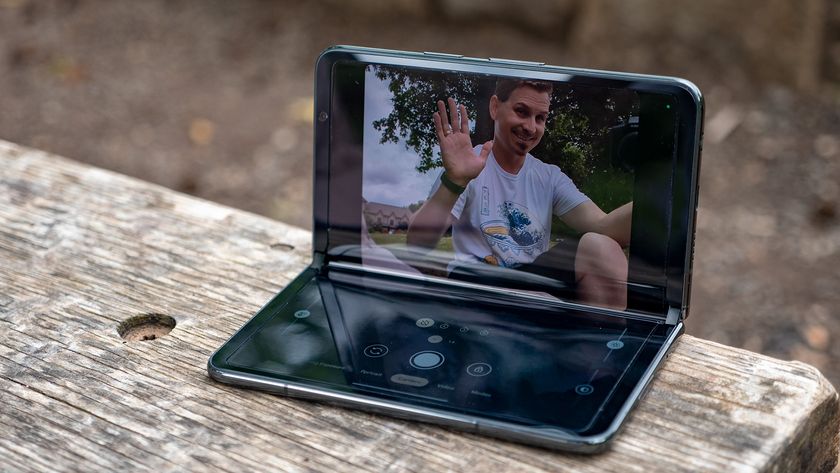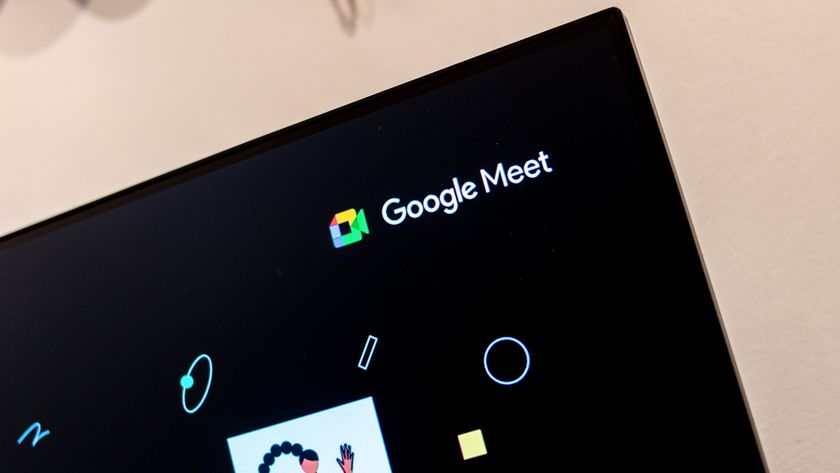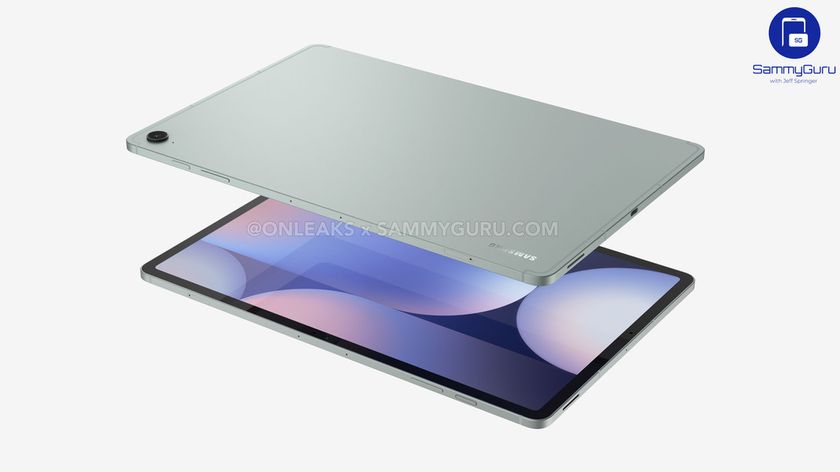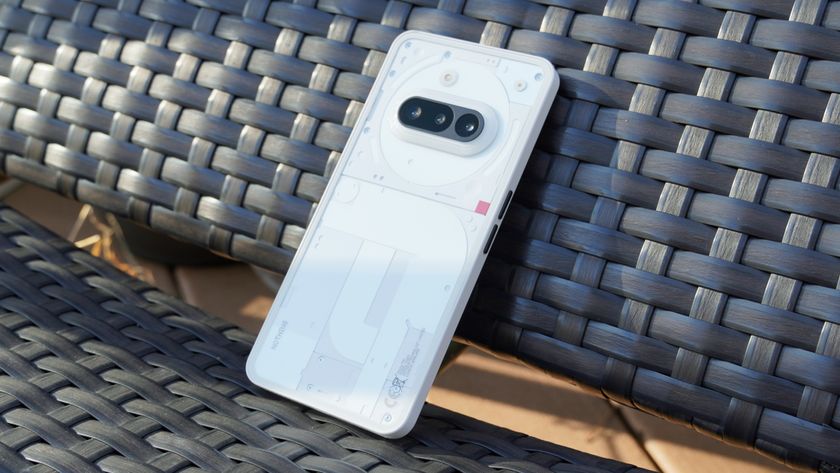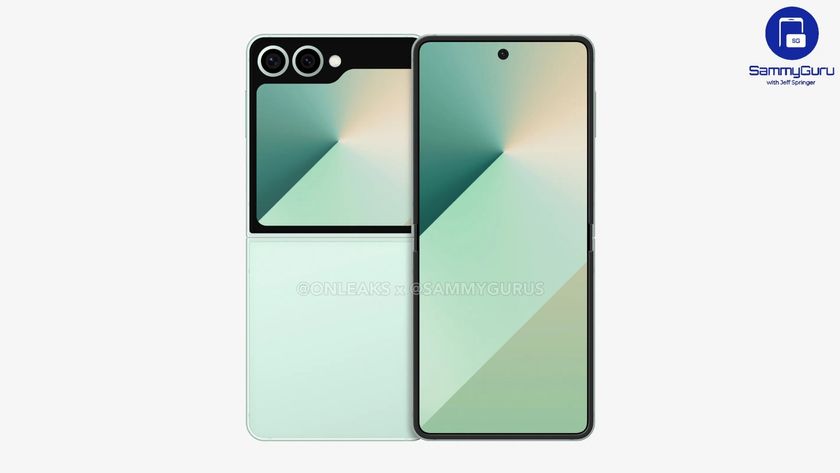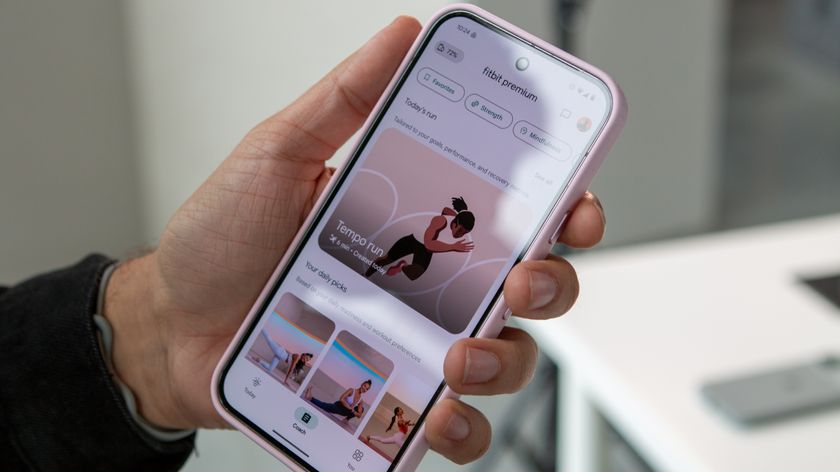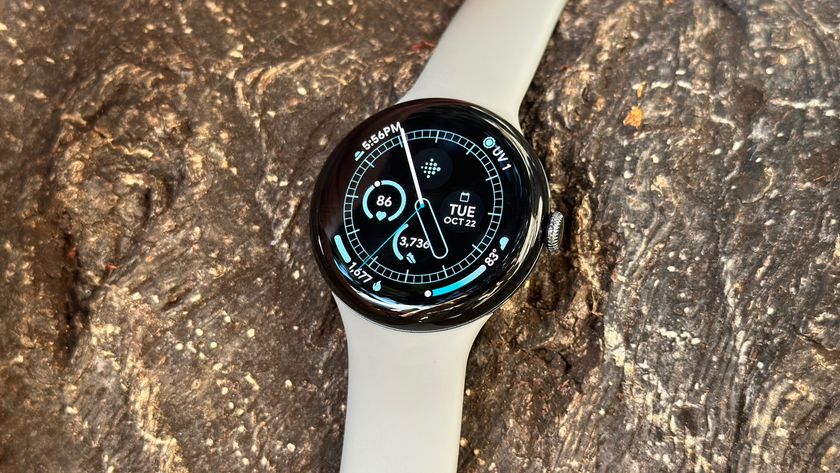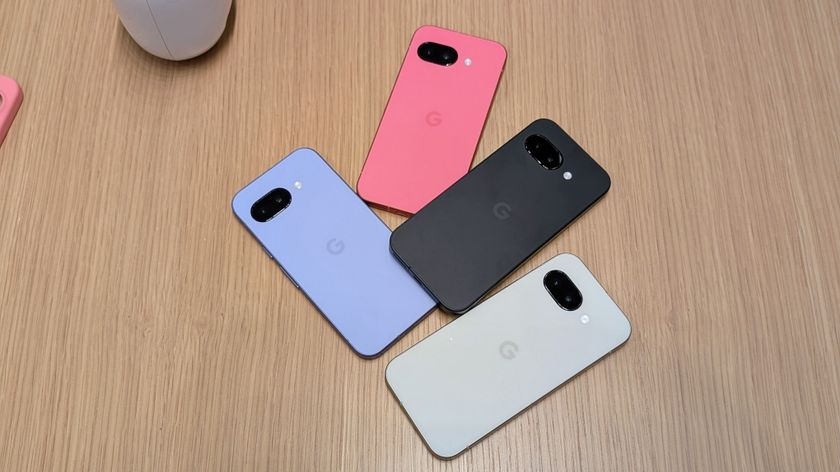Blue Satellite review: Wireless headphones with real power
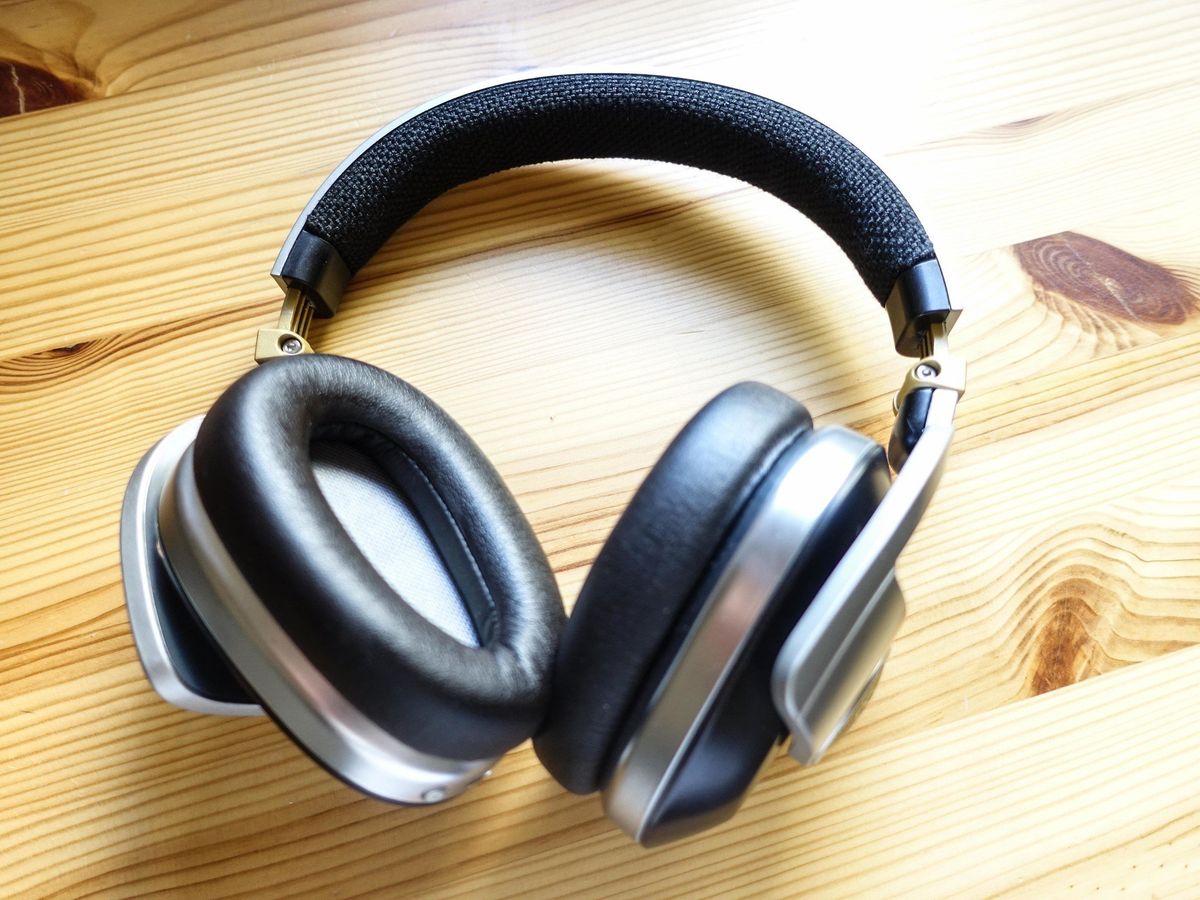
If you're a podcaster, Blue Microphones is a company you know, or need to know. If you're a headphone fan, not so much. But the company has been making inroads into the lucrative over-the-ear headphone business since it launched the powered Mo-Fis back in 2014.
Now the company is moving into the wireless headphone space with its Bluetooth-powered Satellite cans, and is bringing a lot of what it learned with it along the way. Active noise cancellation? Check. A powered headphone amplifier built in? Check. Apt-X codec support? Yep. 24-hour battery life? Oh, yeah. Amazing sound quality? Yes, yes, yes.
The phones, which are available May 12 for $399 from a number of retailers, including Amazon, Best Buy, Newegg, Fry's, Dell, and Microcenter stores, were unveiled at CES but remained elusive to the public. Blue said it was tweaking the hardware and ensuring the ANC was up to par, and I'm glad it put in the extra time because these things sound great — with a couple small caveats.
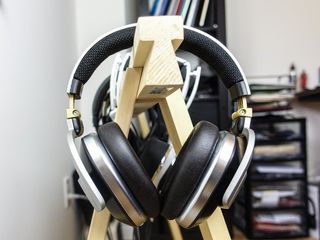
Let's start with the basics: these are big, over-the-ear headphones built mainly from rigid plastic, with small amounts of aluminum peppered throughout. The mesh headband and leather cups provide adequate comfort for long periods of listening — much more so than previous Blue headphones I've used — and despite their size, the Satellites don't feel heavy or burdensome.
Because they are wireless, the Satellites have all of the important toggles on the outside of the phones themselves: on the left bottom is a small power toggle and Micro-USB charging port; on the left cup are toggles for Bluetooth pairing, Active Noise Cancellation and the powered amplifier; and on the right are the play/pause and volume up and down buttons. These are sensibly located, and after a few days with the Satellites I was able to "touch" activate the various modes, though if you're not wearing them you can see a helpful white LED pulse flashing momentarily after pressing a button, which is a nice touch.

You'll be pressing those buttons a fair amount, too, if you're a traveler or an audiophile — or both. First, let's talk about the included amplifier; this is one of Blue's signatures, and it essentially bypasses the source's built-in amplifier, be it a phone or laptop or dedicated music player, for something that is likely more powerful. I say likely more, because while the 280mW amp is likely more powerful than your phone's powering these headphones, some audiophile devices, like the LG V20 or HTC 10, may sound fuller without the additional power. And the amplifier cuts down the battery by two-thirds, so it's better if you leave it off.
These are some of the warmest, most inviting wireless headphones I've used to date.
The Active Noise Cancelling is slightly more forgiving on the battery, but you'll likely only need it in bursts. The headphones themselves sound incredibly full and lush, thanks to the two 44mm drivers inside the cans, but Blue attempts to justify the headphones' $400 price by utilizing separate 30mm drivers for the ANC, which is, to my knowledge, unprecedented in this category. That accomplishes two things: it doesn't "paste over" the existing audio feed by using the same drivers; and it allows the ANC to operate independently, which improves the overall effectiveness. In practice, I didn't find the noise cancellation to be that much better than my current go-to ANC headphones, the Phiaton BT220 NC, but I have also yet to take them on a noisy airplane, and will update this review when I do.
Be an expert in 5 minutes
Get the latest news from Android Central, your trusted companion in the world of Android

Now let's get to the most important part, the sound. Though when connected to Bluetooth (the Satellites support the Apt-X codec, if you're interested) there is a slightly audible noise floor, once the music begins these are some of the warmest, most inviting wireless headphones I've used to date.
They're more accurate than the Bose QC35s, though not quite as boomy, and don't sound as accurate as the Sennheiser Momentum 2s, but they're certainly up there with some of the top choices in their class, especially with the amplifier turned on.



I do have a few gripes about the Satellites: they have no auto-off function, so for the many times when you take them off your head and inevitably forget to hold down the power button for three seconds to turn them off, you're going to come back to a pair of dead cans the next day. No big deal, but just something to keep in mind. As is the fact that the Satellites charge via Micro-USB, which isn't ideal in an office where I am trying to go all-in on USB-C.
Despite their size, the Satellites don't feel heavy or burdensome.
Finally — and this is my biggest issue — the Satellites will automatically connect to the last source it paired with, and will not allow another source to take it over. There is no grace period when turning them on either, like on most other Bluetooth headphones I've used, which means you actually have to disconnect them, or turn off the previous source, before pairing with a new one. Because I often go between my phone and my laptop, having to explicitly disconnect the one before engaging the other has proven immensely frustrating.
Foldable and easily stowed, the Satellites are Blue's best headphones to date, and aside from the small gripes, my favorite portable Bluetooth experience, too. At $399.99, they're on the same level as flagship headphones from Bose, Sony and Sennheiser, but I think they stand their ground.
Daniel Bader was a former Android Central Editor-in-Chief and Executive Editor for iMore and Windows Central.
